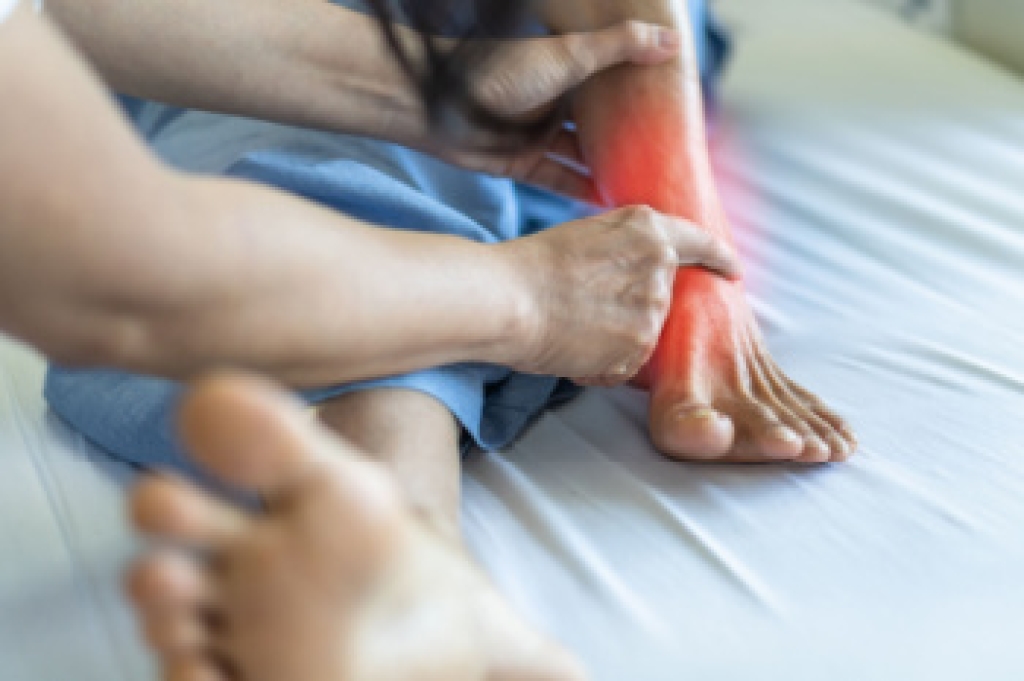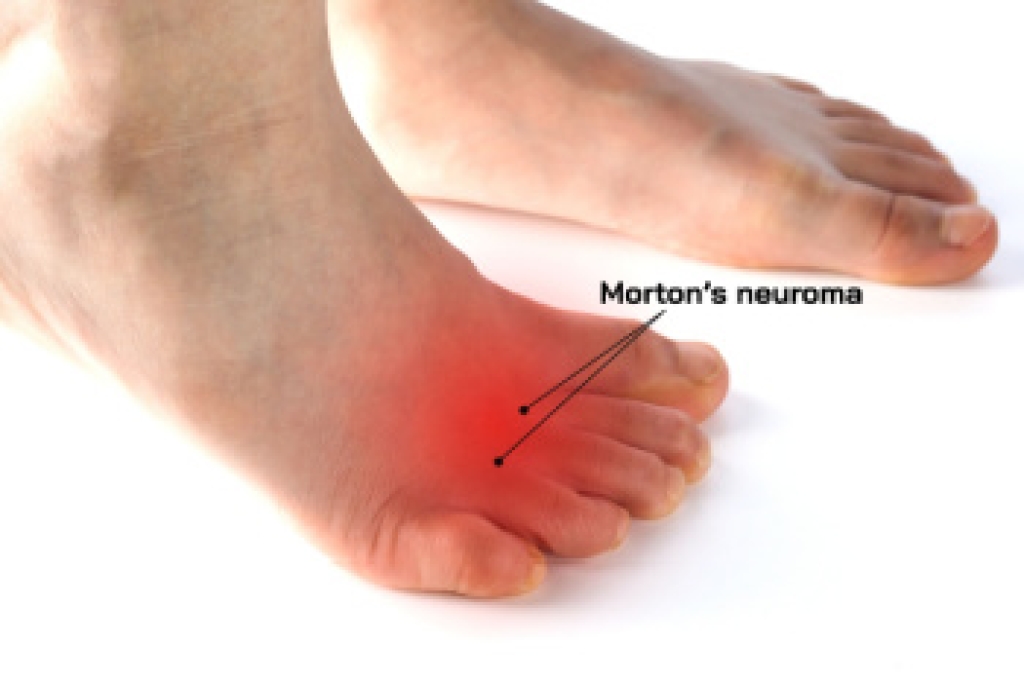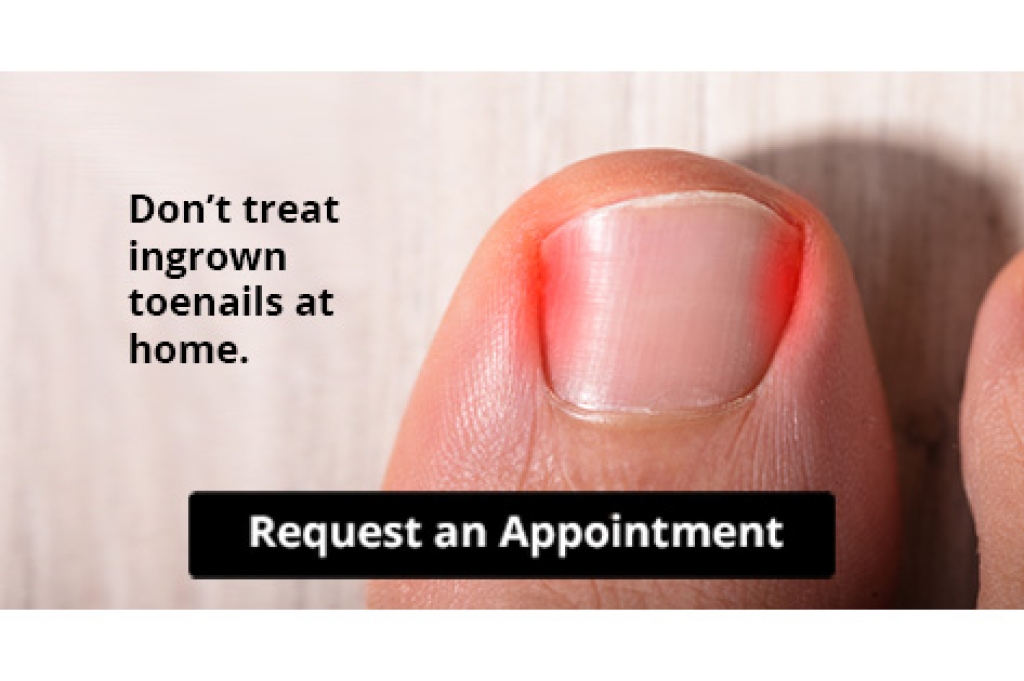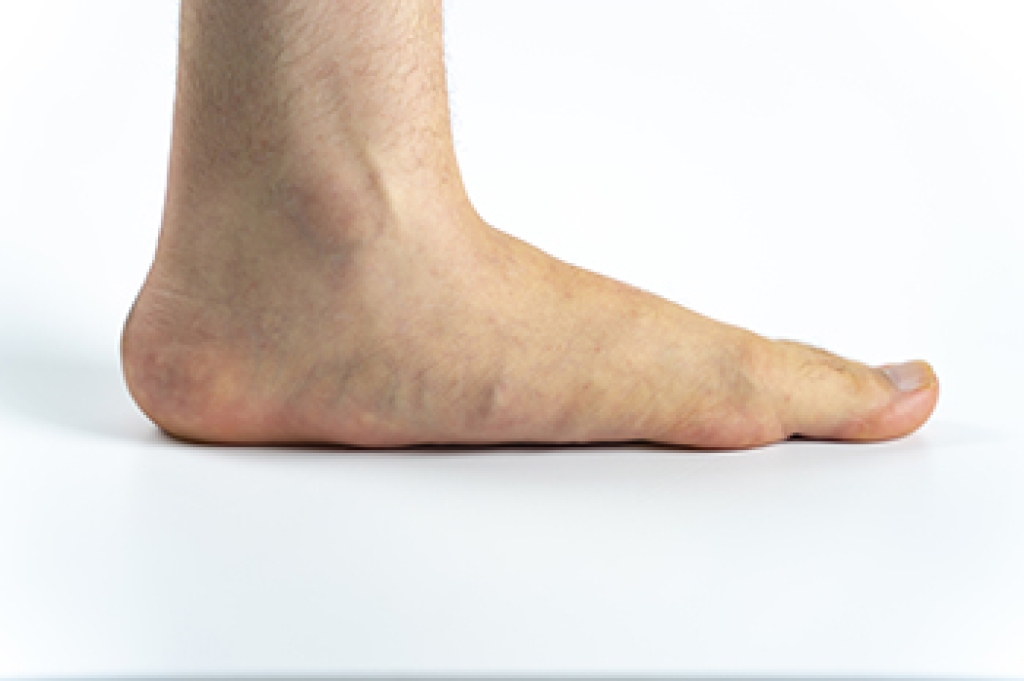
Tarsal tunnel syndrome occurs when a major nerve on the inside of the ankle becomes compressed as it travels into the foot. This pressure can create tingling, burning, numbness, or sharp discomfort that may radiate into the arch, heel, or toes. Symptoms often feel worse after long periods of standing or walking, and some people notice relief only when they rest. Because the nerve sits in a tight space surrounded by ligaments and bone, anything that increases swelling or strain in the area can trigger irritation, including flat feet, prior injury, or certain medical conditions. Ignoring these sensations can lead to ongoing instability or increasing sensitivity in the foot. Early care focuses on reducing pressure, improving support, and calming inflammation to protect the nerve. If the tingling or burning continues or begins to affect your daily routine, it is suggested that you see a podiatrist for an accurate diagnosis and targeted treatment.
Tarsal tunnel syndrome can be very uncomfortable to live with. If you are experiencing tarsal tunnel syndrome, contact one of our podiatrists of Montgomery Foot Care Specialists. our doctors can provide the care you need to keep you pain-free and on your feet.
Tarsal Tunnel Syndrome
Tarsal tunnel syndrome, which can also be called tibial nerve dysfunction, is an uncommon condition of misfiring peripheral nerves in the foot. The tibial nerve is the peripheral nerve in the leg responsible for sensation and movement of the foot and calf muscles. In tarsal tunnel syndrome, the tibial nerve is damaged, causing problems with movement and feeling in the foot of the affected leg.
Common Cause of Tarsal Tunnel Syndrome
- Involves pressure or an injury, direct pressure on the tibial nerve for an extended period of time, sometimes caused by other body structures close by or near the knee.
- Diseases that damage nerves, including diabetes, may cause tarsal tunnel syndrome.
- At times, tarsal tunnel syndrome can appear without an obvious cause in some cases.
The Effects of Tarsal Tunnel Syndrome
- Different sensations, an afflicted person may experience pain, tingling, burning or other unusual sensations in the foot of the affected leg.
- The foot muscles, toes and ankle become weaker, and curling your toes or flexing your foot can become difficult.
- If condition worsens, infections and ulcers may develop on the foot that is experiencing the syndrome.
A physical exam of the leg can help identify the presence of tarsal tunnel syndrome. Medical tests, such as a nerve biopsy, are also used to diagnose the condition. Patients may receive physical therapy and prescriptive medication. In extreme cases, some may require surgery.
If you have any questions please contact our office located in Montgomery, AL . We offer the newest diagnostic and treatment technologies for all your foot and ankle needs.




